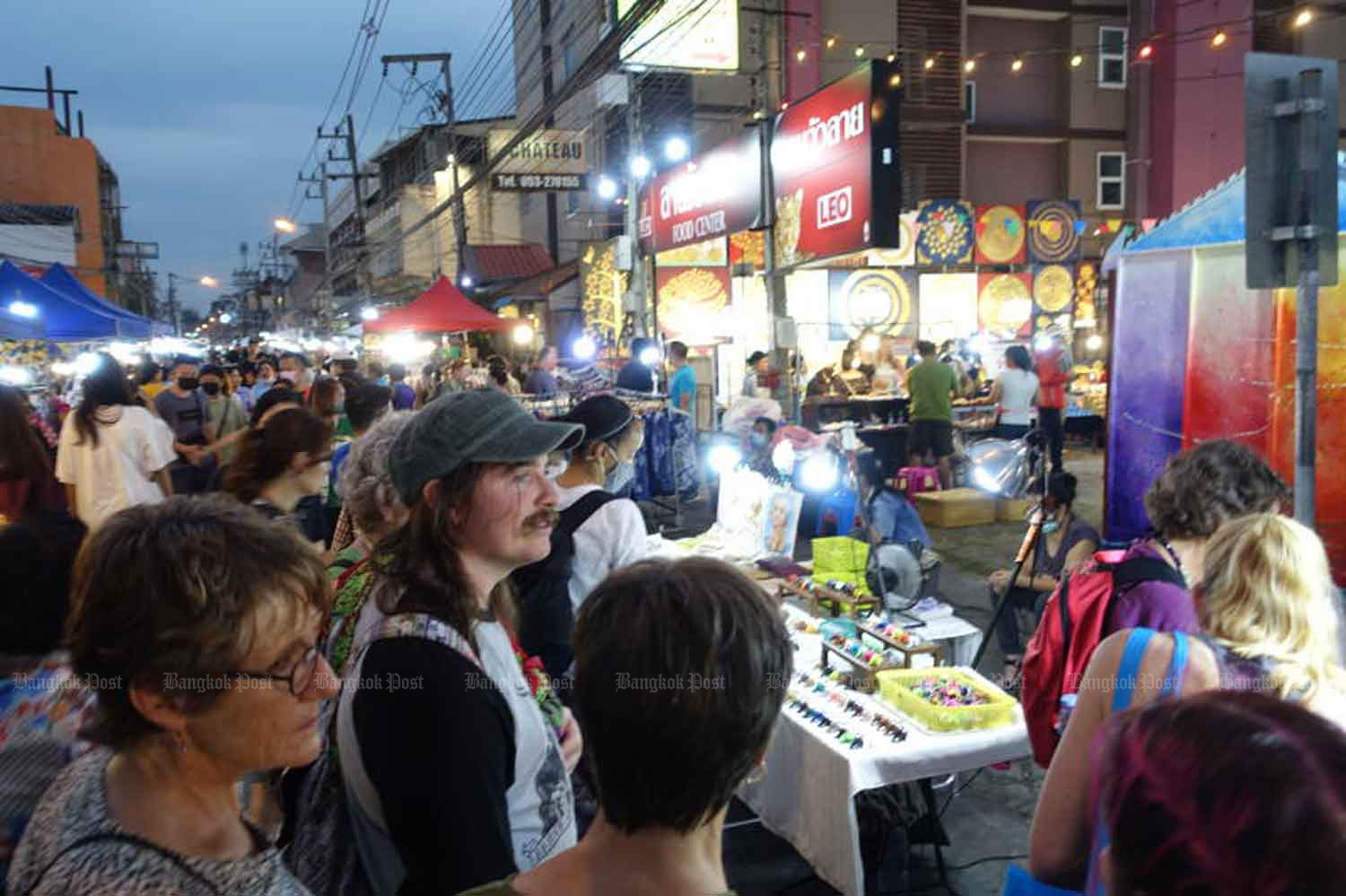
The Chiang Mai property market is set for a major upswing, driven by the tourism resurgence and an influx of Chinese buyers after their country reopened its borders.
Predikorn Buranupakorn, chief executive of Ornsirin Holding, a property developer in Chiang Mai, said the company is confident the province's real estate market will see a robust uptick this year.
"Many property agents specialising in foreign and Chinese markets have advised us to proceed with development of our new residential projects, citing a high level of buyer interest and demand," he said.
According to their insights, there are many buyers waiting to buy residential units in Chiang Mai, making this an opportune time to launch new projects.

The company's condo projects have experienced a surge in absorption rates and sales, largely driven by Chinese buyers, until its two projects reached the maximum foreign quota.
Ornsirin has been a developer for 17 years and is bullish about this year, with a plan to launch four new residential projects worth a combined 5 billion baht in Chiang Mai, said Mr Predikorn at the northern provinces' property market seminar on Thursday.
He said the market is poised for a strong rebound based on positive indicators, including rising numbers of Chinese buyers and the overall recovery of the tourism sector.
"Our hotels saw a rapid flow of bookings from Chinese tourists just 30 minutes after China announced the reopening date, leading to a significant increase in the occupancy rate, from 40% in 2022 to 70-80% earlier in the year," said Mr Predikorn. "Now we are at 90%."

Soranand Sethi, vice-president of the Chiang Mai Chamber of Commerce, said the tourism sector made a notable recovery since the fourth quarter of last year.
"This factor bolstered the confidence of locals, making their decision to purchase a house much easier," said Mr Soranand, who is also president of the Chiang Mai Real Estate Association.
Vichai Viratkapan, acting director-general of the Real Estate Information Center (REIC), suggested foreigners should not be allowed to buy a house with land, as Singapore-style social problems could develop. A lot of Chinese bought property in the city-state, which led to the young Singaporean generation being unable to afford a unit.
"We are exploring ways to develop condo units that match the purchasing power of locals, which may not be on par with that of Chinese buyers," Mr Predikorn said.
According to REIC, total residential supply in Chiang Mai dropped 4.4% year-on-year to 10,047 units as of the end of 2022, while its value declined by 1.6% to 41.8 billion baht.







